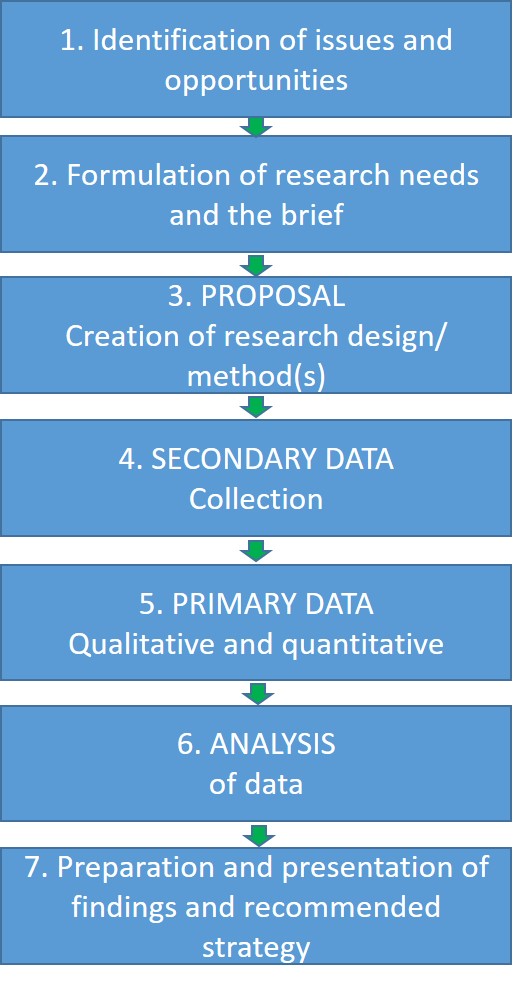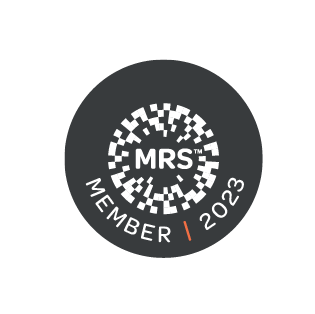Bespoke Research
The Search
Exploration of people, organisations and markets
With over 34 years of market research experience, Bax Interaction is a proven expert in delivering market research projects that provide powerful insights and actionable strategic recommendations.
Bax Interaction focuses on providing you with responsive, bespoke research and strategic development. This is what you can expect:
Bespoke research design and delivery
You get a specifically tailored research approach that directly addresses your information needs.
Delivery aims
Bax Interaction aims to deliver the following outcomes for you:
- Understanding. Making sense of marketing or business issues or opportunities and recommending the action(s) to take.
- Reduced uncertainty. In the constantly changing market environment, a degree of certainty is what we all seek. Well designed, implemented and analysed research delivers this.
- Clear recommendations
- Guidance and support from the very beginning through to implementation and measurement. This is completely based around what you need and not a ‘one size fits all’ approach.
- Measurable results

How is this achieved?
All people, organisations and markets are different.
Bax Interaction applies over 34 years of market research experience to your specific requirements by:
- Ensuring that a clear brief is agreed with you to deliver against
- Sharing experience, knowledge and understanding to make the brief the very best it can be
- Using up to date knowledge of tried and tested and the latest research techniques to ensure that you get the best possible, bespoke, design to meet the brief
- Applying knowledge and understanding of behavioural and personality traits to both research and organisational contexts. For example, linking behavioural profile aspects (e.g. Dominance, Influence, Steadiness and Compliance) to both the research design and the insights gained for you to deliver real value with your strategy.
What techniques and methods are used?
Research methods have had to change significantly to be aligned to the large amounts of data available for collection and analysis, the multiple communication channels in use and the expectations and perceptions of participants.
The opportunities to gain detailed understanding of people and markets are staggering by comparison with just 30 years ago and the speed of change both in data sources and data analysis continues to provide, exciting, new possibilities to choose from.
Bax Interaction understands that many organisations today want faster, cost effective research that both engages people and reverses the downward trends in participation. The research design proposed for you will actively seek to reduce potential bias (conscious and unconscious) too.
The Research Process

All the research and analysis approaches available are considered to create the best, bespoke, design specifically to address your information needs. These might include collecting just one or, more usually, a mix of the following types of data:
Secondary data (‘desk research’)
Existing data that was originally collected for another purpose. We tend to think of this as being data from sources outside the organisation but valuable secondary data can often come from inside it too.
This data can provide a solid basis for identifying primary data needs so will generally be gathered first.
Primary data
Data gathered expressly for the research purpose – usually after secondary sources have been exhausted.
Data forms
Data comes in two forms:
Qualitative
This data is gathered using techniques that are loosely structured and mainly verbal. This tends to cover people’s perceptions, feelings, attitudes and behaviours. Deriving insights from this data is highly skilled due to the need for interpretive, subjective, impressionistic and diagnostic analysis.
Quantitative
This data is gathered using a structured approach with a sample of the ‘population’ of interest to deliver quantifiable insights. This data is about numbers. Expect to see data showing: percentages, rankings, scores, values, shares, those that purchase and those that don’t – for example.
Hybrid approaches
Qualitative and quantitative data can often be gathered using the same methodology. For example, a survey could include ranking questions and open questions asking for how a respondent ‘feels’ about a certain aspect.
Bax Interaction has used hybrid approaches for some time to explore the reasons behind quantitative responses in surveys. The respondent is asked to consent for a short follow up contact to discuss why they have answered in a certain way. This can add significant value to the outputs of a research project.
Data collection methods
These could include:
- Concept testing
- Depth interviews – by: telephone, face to face, Teams, Zoom etc..
- Ethnography and digital ethnography
- Focus groups – face to face and online
- Pop-up communities
- Questionnaires – via multiple channels
- Sample sources
- Social media (see)
- Market groups e.g. trade bodies
- Big data sources
- Secondary sources including
- Business databases
- Market reports
- Advanced internet searches
- Sector updates
- Social media
- Identification of optimal sample sources for market influencers and respondents. This may involve selection of less formal/ known groups
- Social listening
Analysis
- Bax Interaction takes the same bespoke approach to selecting the best analysis methods to deliver the best insights for you. These might include:
- AI/ machine learning for analysis of large qualitative and quantitative data sets – existing and new. This can provide the ability to blend these to give context to your specific requirement
- BehavIoural analysis
- CAQDAS – Qualitative analysis
- Correspondence analysis
- Cultural analysis
- NVC (Non- Verbal Communication)
- Semiotics analysis
- Sentiment analysis
- Social media analysis e.g. engagement
- Statistical analysis
About Steve
Steve Bax, Managing Director, is a research expert. He has more than 34 years of experience in both qualitative and quantitative techniques. He is an expert moderator, interviewer and analyst. He has written books and articles on the subject and is a full member of the Market Research Society (MRS). Steve has taught research over many years on CIM and MRS courses. He has also delivered training courses on specific methods to numerous organisations.
Steve is continually searching for new research approaches and techniques that can increase the insight that can be delivered to address your specific needs.
“As a Member of MRS I agree to abide by the MRS Code of Conduct”



























